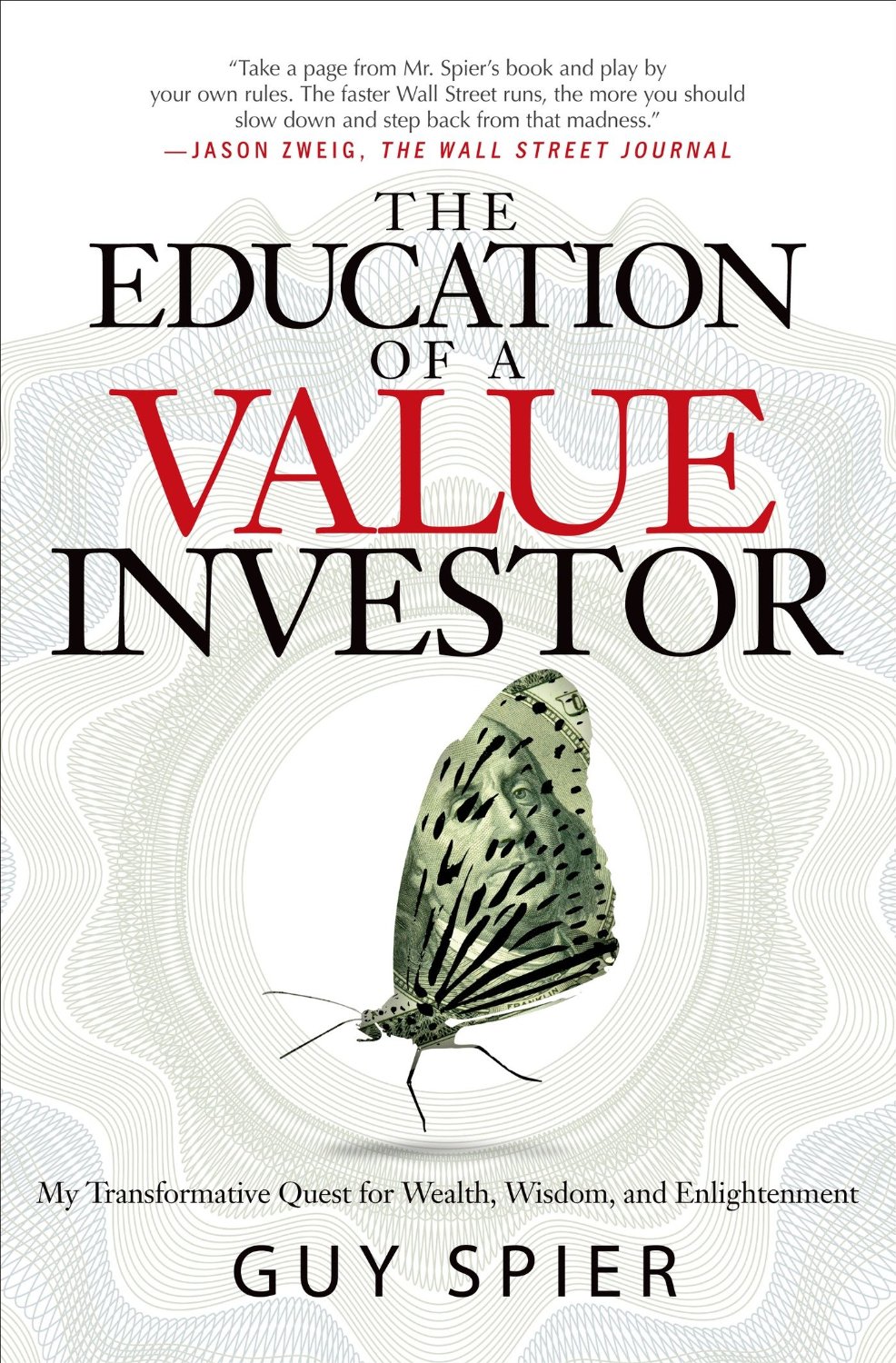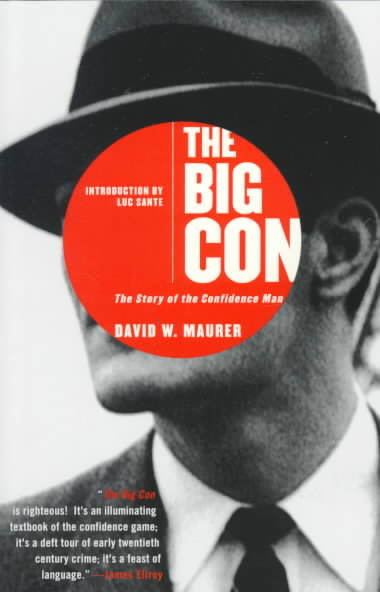Book Review: The Education of a Value Investor
Before I start, I would like to remind readers of a Q&A that I did with the author, which is available here. [For readers at Amazon: Google “Aleph?Education of a Value Investor”. There are other useful links in the version at my blog. ?Wish Amazon allowed for links…]
This is a good book if you know what you are getting and want that. ?If you want a book to compare it to, I would class it with?Benjamin Graham: The Memoirs of the Dean of Wall Street. ?The reason for this comparison is that the book focuses on character development, and spends relatively little time on detailed value investing methods. ?It spends a lot of time on the good parts of the lifestyle?of?a value investor, and this is where the book has its highest value.
Is it possible to “get rich quick?” ?I don’t think so, but it is possible to become rich if you focus, make few decisions, but they are the right actions to take.
This book describes the transformation of the author, who went from someone trying to get rich quick in the short-run, and failing, to being an investor who could wait until he had a good idea to invest in, and then concentrate his capital in the best ideas that he had, and succeed.
But getting there was not a linear matter. ?First, he had to figure out he was miserable. ?Then, he had to find a new way to support himself, handicapped because the last firm he worked for had a bad reputation.
He picked up an interest in value investing, particularly the style that Buffett follows, which led him to a clutch of contacts in the value investing world who would help to shape his view of the world.
Without spoiling the book, some events happened that enabled him to set up his own investment shop where he does value investing for clients and himself. ?And as such, he lived happily ever after?
Well, not yet. ?He meets one key person, Mohnish Pabrai, who helps him think through the key aspects of his business. ?He makes a number of additional friends who are value investors, and he figures out what he is good at analyzing and acting on, and where he is less capable. ?Armed with that data, he acts to make his entire life more effective for himself, his family, and his clients.
He moved so that he could be out of the “New York Vortex,” where groupthink can carry you along. ?He moved to a quiet?area, and set up an office where he could think, and the odds of being disturbed would be low. ?He set up an action area and a contemplation area. ?He limited electronics to the action area and made it uncomfortable?to stay in the?action area. ?This enabled him to think longer-term, and avoid taking actions because others were doing so. ?He also had to learn how to get advice from other intelligent investors, without letting their views short-circuit his thinking processes.
He enjoyed life a lot more. ?He also realized he had enough assets to manage, and so he didn’t need to market much, which allowed for a focus on serving current clients well. ?About the only thing he needs to do is develop a sell discipline, and that is not an uncommon problem with most asset managers. ?[Two of my articles on the topic: one, two.]
Near?the end of the book, he shares eight?pointers that will improve the investing of most people, if they are willing to think long-term. ?I endorse the principles there, though there may be other ways to achieve the same disciplined attitude. ?He also gives four case studies that affects the checklist that he uses for making investments.
Now, I have purposely left out the most colorful part of the book, the lunch with Warren Buffett, to the end of this review. ?He and Mohnish bid together for the lunch and win. ?The main thing he takes away from the affair was how much Buffett focused on his guests, and not on himself. ?Indeed, at the end of the book, he credits his relationship with Mohnish in?helping him to become more selfless in many of his attitudes. ?To him, that is the real prize, much as he has done well as an investor and a businessman.
Quibbles
Can all of ethics be summed up as being farsighted and unselfish? ?No. ?Those are good things, but the Bible has many more things to teach than that.
Summary
This book will help you understand the internal attitudes of some value investors. ?It may help you invest to some degree, but that is not the main point of the book. ?After all, what is it worth to be a great investor if you aren’t happy? ?Being happy as an investment manager is the main point of the book. ?If you still want to buy it, you can buy it here:?The Education of a Value Investor: My Transformative Quest for Wealth, Wisdom, and Enlightenment.
Full disclosure:?I?received two copies from the author’s PR flack. ?Good thing too, because someone swiped one of them before I finished reading it.
If you enter Amazon through my site, and you buy anything, I get a small commission.? This is my main source of blog revenue.? I prefer this to a ?tip jar? because I want you to get something you want, rather than merely giving me a tip.? Book reviews take time, particularly with the reading, which most book reviewers don?t do in full, and I typically do. (When I don?t, I mention that I scanned the book.? Also, I never use the data that the PR flacks send out.)
Most people buying at Amazon do not enter via a referring website.? Thus Amazon builds an extra 1-3% into the prices to all buyers to compensate for the commissions given to the minority that come through referring sites.? Whether you buy at Amazon directly or enter via my site, your prices don?t change.



